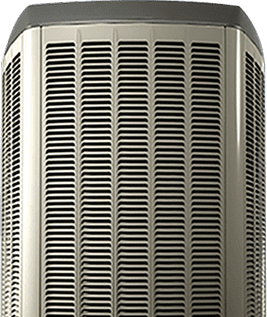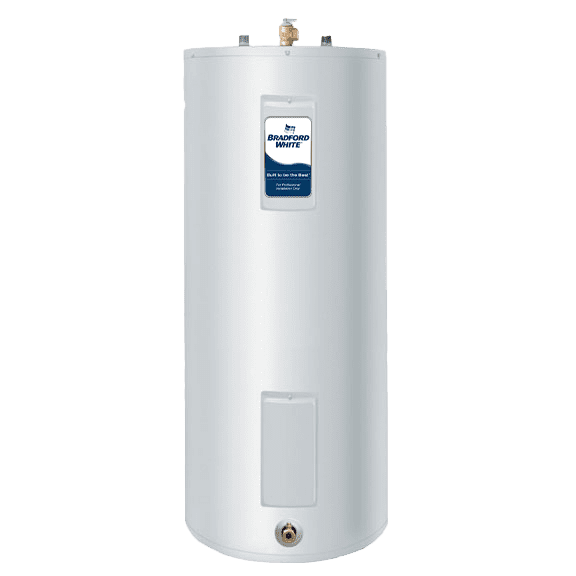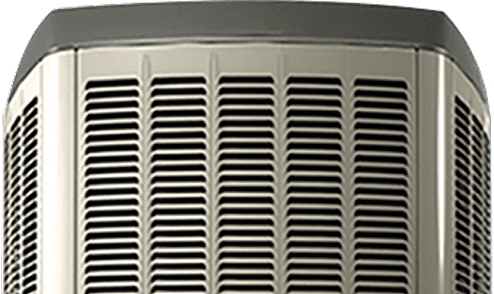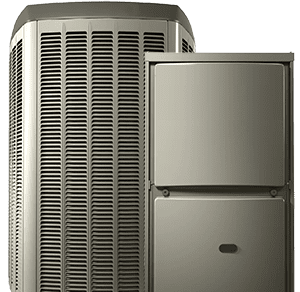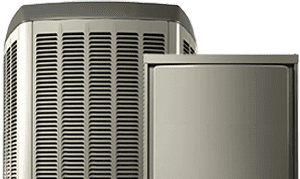Heating and Cooling Services Kingston Homeowners Count On
For more than 29 years, Haven Home Heating and Air Conditioning has provided reliable heating and cooling services that Kingston homeowners rely on. Our certified team keeps your home comfortable through every Canadian season.
Whether you’re looking for furnace installation, air conditioning maintenance, or a full HVAC system inspection, our skilled technicians deliver prompt, professional service with proven results. Avoid the discomfort of equipment breakdowns—choose Haven Home Heating and Air Conditioning for efficient HVAC solutions backed by our satisfaction promise.

For more details, read our reviews:
Read our reviewsFind a home HVAC technician near you:
Proudly serving Kingston and nearby communities, Haven Home Heating and Air Conditioning delivers dependable HVAC and indoor comfort solutions wherever you live.

We know that time is critical when things go wrong.
That’s why we’re ready to respond fast to any heating, cooling, electrical, or plumbing emergency. Whether it’s late night, a weekend, or a holiday, we’ll be there!
Our licensed specialists are trained in all areas—heating, cooling, plumbing, and electrical. From AC repairs to furnace installations, we handle the job with attention and care. We know that sudden issues can throw off your day, so we deliver fast, lasting solutions. When you call, we’ll be there, ready to get things working again.
Fast Service & Savings
Unsure which HVAC system suits your home best? Our team will evaluate your property and offer customized solutions that align with your space, lifestyle, and budget. Whether you’re planning a new system installation or need routine maintenance to keep things efficient, we’re ready to help!
Experienced, Skilled & Ready to Help
With years of hands-on experience, we service all types and brands of HVAC systems. Our technicians stay up to date with the latest industry innovations to ensure you receive high-quality service. From emergency HVAC repairs to preventative electrical and plumbing maintenance, Haven Home Heating and Air Conditioning is known for delivering prompt, effective solutions throughout Kingston.
Proudly serving Kingston and the surrounding area, Haven Home Heating and Air Conditioning delivers dependable heating, cooling, and indoor air comfort services—wherever you call home.
Looking for fast, responsive HVAC service in Kingston? Call us at (613) 704-4489 to speak with one of our local experts, or book your appointment online today!
Schedule your consultation for heating & cooling services in Kingston.

Our HVAC Services
Efficient home climate control isn’t just about comfort—it helps safeguard your property and family during Ontario’s intense seasonal shifts. At Haven Home Heating and Air Conditioning, we offer a complete selection of HVAC services to meet your home’s comfort needs in Kingston and surrounding towns. Our technicians are professionally trained to handle every heating and cooling task—from new installs to repairs and 24/7 emergency service.
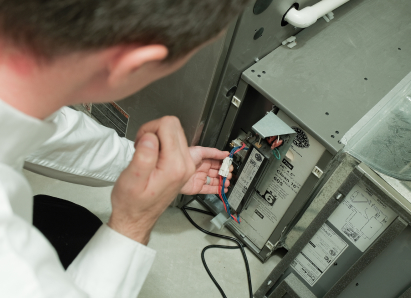
Heating Services
Boilers
Full-service boiler installation, repair, and maintenance for both hot water and steam systems.
Centralized Heating Systems
Custom solutions for centralized heating, providing consistent warmth across every room.
Furnace Installation
Expert installation of high-efficiency furnaces tailored to your home’s heating needs and energy goals.
Furnace Repair
Fast repair service for all furnace types, with emergency support available around the clock.
Heat Pumps
Installation and maintenance of versatile heat pump systems for both heating and cooling all year long.
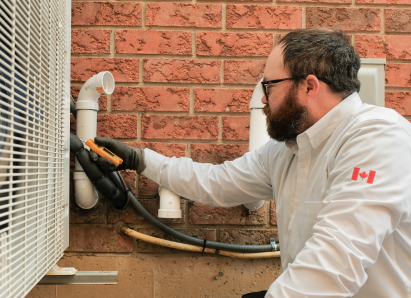
Air Conditioning Services
AC Installation
Professional installation and placement of air conditioners for optimal performance during Kingston’s hot summer months.
AC Inspection
Detailed inspections to help detect wear or issues before they cause breakdowns.
AC Repair
Fast and reliable repairs for all AC models, with 24/7 emergency service available.
Heat Pumps
Year-round heat pump solutions that offer cooling in summer and heating in winter.
UV Air Purifiers
Set up and upkeep of UV air purification systems to help reduce indoor airborne pollutants.
Humidifiers
Whole-home humidifier installation and service to help maintain healthy indoor humidity levels.
Duct Cleaning
Expert duct cleaning to clear dust, allergens, and buildup from your HVAC ventilation system.

Water Heaters
Water Heater Repairs
We fix all makes and models of water heaters, restoring performance and preventing disruptions to your hot water supply.
Water Heater Installation
Expert installation of energy-efficient systems, including full removal of outdated units and precise integration of new water heaters to match your home’s demands.
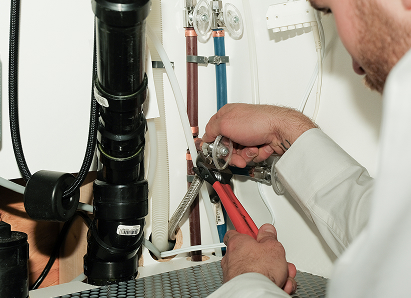
Plumbing Services
Faucets
Installation and repair of kitchen, bathroom, and utility faucets for improved function and water efficiency.
Emergency Plumbing Services
24/7 emergency response for urgent plumbing issues that require immediate attention.
Kitec Plumbing
Full replacement of Kitec piping systems to upgrade your home’s plumbing infrastructure.
Plumbing Repairs
Solutions for leaks, pipe bursts, and any other plumbing concern—large or small.
Sinks
Repair and replacement of sinks throughout your home, installed with care and precision.
Sump Pumps
Installation, repair, and maintenance of sump pump systems to prevent basement water damage in Kingston homes.
Toilets
Efficient toilet installations and repair services completed with minimal interruption.
Water Quality
Water filtration and purification systems tailored to improve tap water taste, clarity, and plumbing system protection.
Hydro-Jetting
Advanced hydro-jetting to blast away blockages and buildup inside your pipes with high-pressure water.
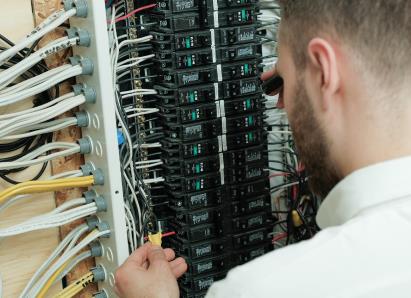
Electrical Services
Electrical Installations
Installation of lighting, outlets, and other electrical components with a focus on safety and functionality.
Electrical Panel Upgrade
Upgrade your home’s electrical panel to support modern power usage and reduce safety hazards.
Electrical Wiring
Rewiring projects for renovations and older homes in Kingston, completed to meet current electrical code standards.
EV Charger Installation
Safe, efficient installation of electric vehicle charging stations right in your garage or driveway.
Generators
Full generator services—from installation to maintenance—to keep your home powered during outages and storms.
Kingston’s Residential HVAC Service Professionals Since 1996
29+ Years of Proven Experience You Can Count On
Since 1996, Haven Home Heating and Air Conditioning has provided dependable HVAC services to Kingston residents and businesses. Our long-standing presence in the industry highlights a commitment to expert service and quality results. With thousands of heating and cooling jobs completed, we bring real-world knowledge to every project across the Kingston area.
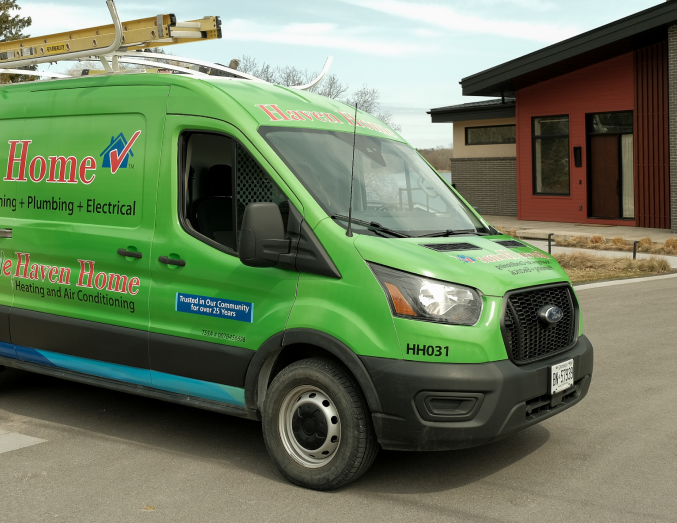
24/7 Emergency HVAC Service
Comfort issues can arise without warning, which is why we offer emergency HVAC services 24 hours a day in Kingston. Whether your heat cuts out or your AC stops working, our technicians respond quickly to bring your systems back online—no matter the hour.
Certified, Background-Checked Professionals
Each member of our HVAC team at Haven Home Heating and Air Conditioning is fully trained, certified, and background-checked. When we visit your home, you’re working with professionals who are skilled, respectful, and focused on delivering excellent service from start to finish.
Upfront, No-Surprise Pricing
Before we begin any work, we’ll walk you through the details with a clear estimate. Our upfront pricing approach means no hidden costs or last-minute surprises. We aim to make it easy for you to understand exactly what you’re paying for.
Satisfaction Guaranteed
Our work isn’t finished until you’re satisfied with the outcome. If anything falls short of your expectations, we’ll return to make adjustments. Your comfort and experience with our team are always a top priority.
Complete Home Comfort Solutions
We do more than heating and cooling. Haven Home Heating and Air Conditioning offers a full range of solutions—from plumbing and electrical to indoor air quality and water system upgrades. Our services work together to create a more efficient, comfortable home environment.
